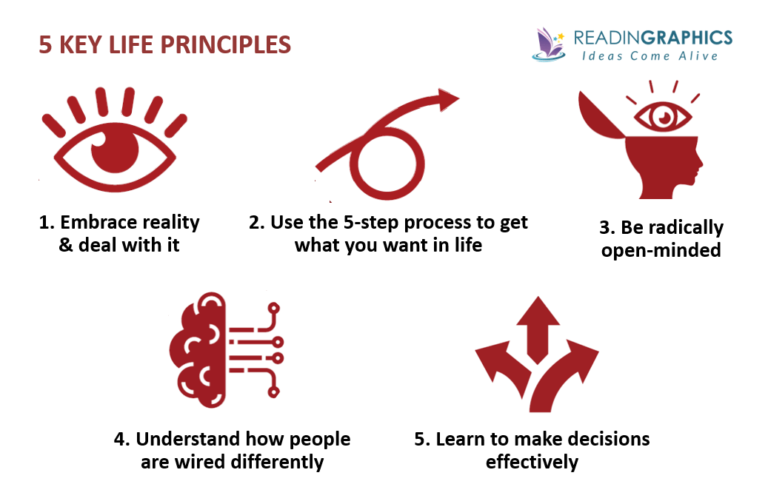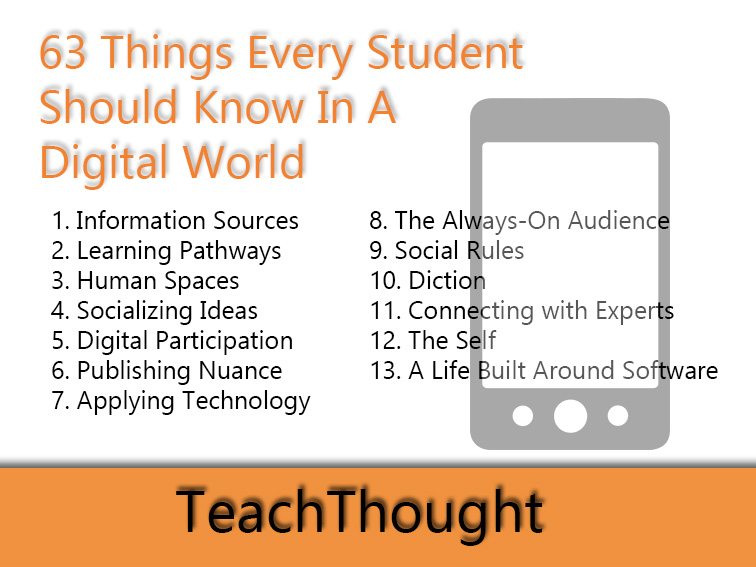Principles For Success By Ray Dalio
Ray Dalio’s principles for success include radical transparency, open-mindedness, embracing failure, and systematic decision-making.

Ray Dalio’s principles for success include radical transparency, open-mindedness, embracing failure, and systematic decision-making.

This is a nice 5-minute summary of how the economy works to supplement the above video.
Finding 1. Skim past less helpful info. 2. Use relevant keywords 3. Choose general vs. specific searches 4. Document/curate artifacts from search process Evaluation 1. For credibility 2. For timeliness 3. For bias 4. For relevance Citing 1. Understanding rights/copyrights/creative common 2. Use appropriate citation form (MLS, ALA) Questioning 1. Begin inquiry with relevant question…

Reading Competencies Idea 1. Identify and analyze a theme or thesis and its development (e.g, the use of supporting details, rhetorical techniques, literary devices, writing style, tone, mood, modalities, etc.) 2. Recognize how a theme or thesis or media fits into larger contexts (cultural, literary, digital, etc.) 3. Recognize and explain the features, nuance, history,…
Structure 1. Form precise simple sentences 2. Form powerful complex sentences 3. Create sentences using available writing strategies 4. Vary sentence length for effect 5. Structure paragraphs effectively for clarity and effect (SRE, SEE, CEC) Organization 1. Use logical idea organization (Cause/Effect, Chronological) 2. Vary idea organization for effect 3. Use clear introduction, body, and…

It could be argued—and probably argued well—that what a student fundamentally needs to know today isn’t much different than what Tom Sawyer or Joan of Arc or Alexander the Great needed to know. Communication. Resourcefulness. Creativity. Persistence. How true this turns out to be depends on how macro you want to get. If we want…


